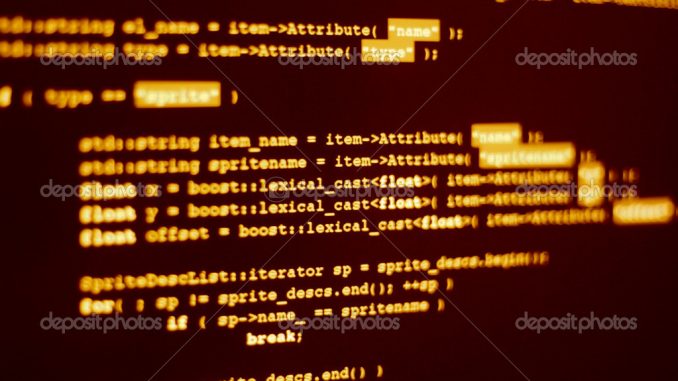
Data from nearly 600 cases brought before the European Court of Human Rights (ECHR) was able to predict the court’s final judgement with 79% accuracy. Whilst stressing that they do not believe AI will be able to replace human judgement, the programme creators say it could be useful in identifying common patterns in court cases,.
Dr. Nikolaos Aletras, lead research scientist, said, “I don’t see that we’re ready or near to ready to creating AI judges and lawyers. Although courts do already use a lot of computer analytic tools, and I think that in the future, AI could be useful for this too. It was our intention to reveal the patterns that drive judicial decisions. We don’t claim that judges take decisions in any particular way.”
Researchers found the judgements of the court were more dependent on the facts of the case itself than the legal arguments. This means the judges were found to more often be “realists” than “formalists” — interested more in a “fair” judgement than a strict application of the letter of the law. This is observation that’s held true in studies looking at judgements from various high-level courts, including the US Supreme Court.
The research also suggests the AI programme could be particularly useful in prioritizing court cases. In the example of the ECHR there’s a huge backlog of cases to be prosecuted, and AI could be used to “highlight which cases are likely to be a violation” and therefore more pressing to deal with. The hope then isn’t that computers will replace human judges, but that they’ll instead lead to more human judgements.





Be the first to comment